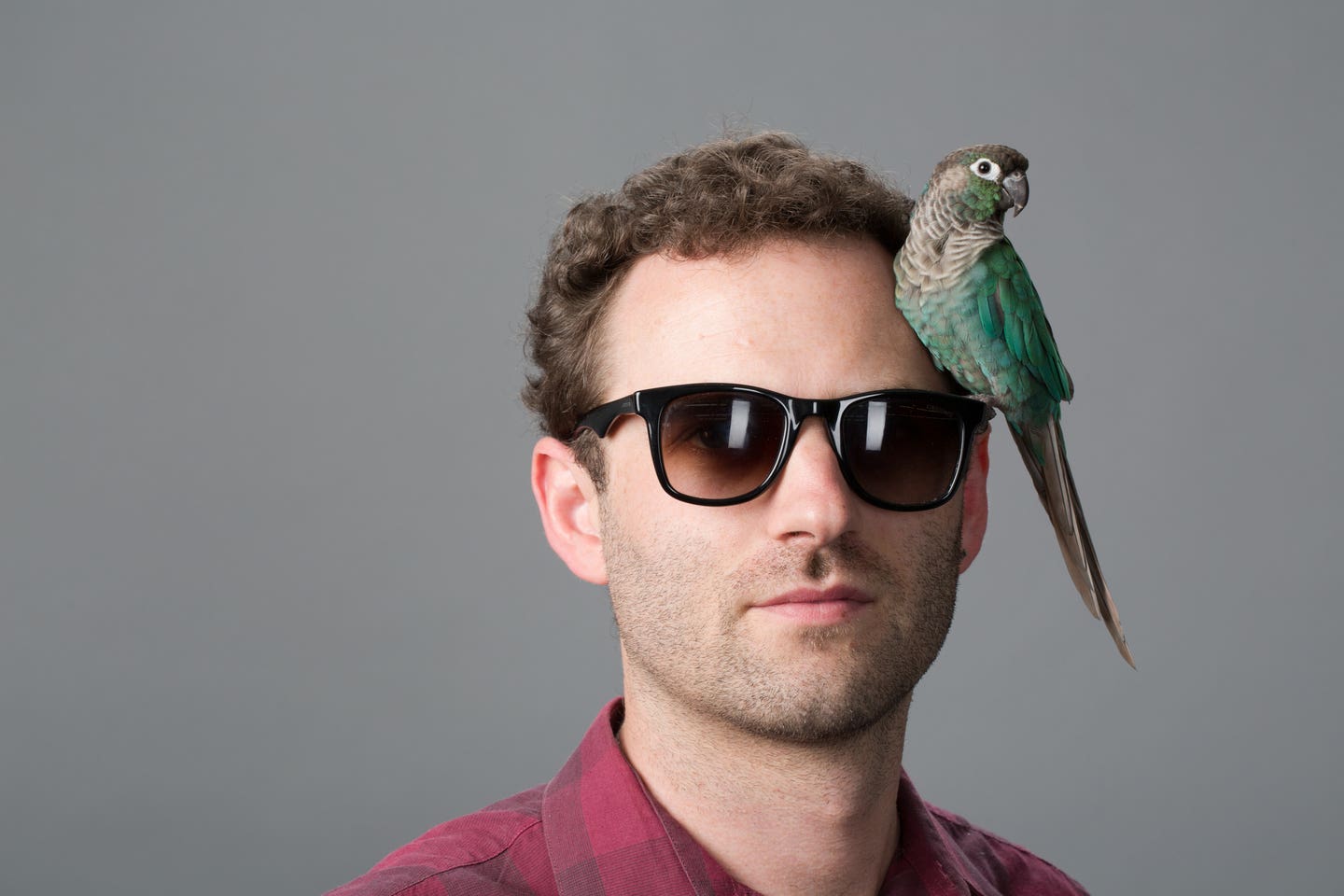Your Story #73: Winner!
Once again, you’ve made the Your Story competition a success! Thanks to everyone who participated in competition #73 (either by entering, reading or voting). Out of more than 740 entries,…
- Prompt: Write a short story, of 700 words or fewer, that begins with the sentence prompt on the left.You can be funny, poignant, witty, etc.; it is, after all, your story.
Once again, you’ve made the Your Story competition a success! Thanks to everyone who participated in competition #73 (either by entering, reading or voting).
Out of more than 740 entries, readers helped us pick “Lost Passageway Remembered” by Richard D. Kennett as the winner. For winning, Kennett’s story will appear in an upcoming issue of Writer’s Digest.
Winning Entry:
“Lost Passageway Remembered”
by Richard D. Kennett
“I’m going to disappoint you. But you knew that already,” Susan told her father. It had become their daily salutation, and if she didn’t say it, she knew he would. It was the words, after all, not who spoke them, that ruined their days. Moreover, though, it was the unspoken, “and I’m not taking you from here,” that commanded the most guilt and regret. The words, or the implication behind them, were the only remaining truth in their relationship, everything else had ebbed away.
Unfortunately, the words belied their true natures—both toward people in general as well as toward each other. They were kind, considerate, and loving people—or at least they had been. Now they were as obscure as the disease that controlled their lives. Both of them existed in a fog-filled, go-through-the-motions dream state.
Her father was not the man he used to be. He was now an eighty-two year old man at the end stage of Alzheimer’s disease. He had progressed from the little-to-no impairment stage to this final death-is-eminent stage in six years. Each stage overtook its predecessor without announcement or event, though the reality and effects of occurrence were unmistakable. He died in degrees, and Susan endured each passing day with remorse and regret. She desperately clung to the father she loved, yet each day the insidious thief robbed them both of more than memory, it stole life and dignity.
A few months after his diagnosis, Susan had interceded “on his behalf.” It was that intercession that disappointed him, and now her. She felt in her heart she had done what was necessary, but as time passed she considered whether she had done the right thing for him. She had only wanted to take care of him.
Unfortunately, that was the last thing he wanted. He had already witnessed and dealt with the emotional and financial burdens of Alzheimer’s disease first-hand—first with his mother and then with his wife—and he did not want anyone to go through that with him. When he suspected he might be going down the same path, he sought immediate medical attention. He wanted to know early. He wanted to make and affect the decisions about his life himself, not put others in the position of making the hard choices affecting his care and placement for him; choices he felt certain he would not approve, but which were consistent with the normal protocol for patients with the disease.
He was diagnosed with symptoms consistent with the general pattern of Alzheimer-type dementia, and, unwelcome as the news was, he knew what he had to do. He set about putting his affairs in order—the way he wanted them put in order, not how someone else might want it done.
He had a plan. It was simple. He wanted to take a walk in the woods. He wanted to hike the Appalachian Trail as long as he was able. He did not plan to kill himself, figuratively or literally. He simply wanted to hike as long as he could, and when his time ran out, it ran out. He wanted nature to decide his fate–not doctors and strangers, and certainly not his daughter. He did not want her to endure the pain he had known.
When Susan was unable to reach her father for a few days, she asked his neighbor to check on him. The letter he left, explaining his intentions, was found. Susan did not accept her father’s plan and contacted the police, and they found him eleven days later. An errant credit card transaction and descriptions from other hikers facilitated his discovery. After retrieving her father, Susan brought him home and placed him in an adult care facility.
This morning, after her salutation, her father maintained eye contact with her, and a hint of long-lost recognition registered between them. In that briefest of moments his eyes said to her, “I’m going to disappoint you. But you knew that already.” And then added, “I am leaving here today.” He then closed his eyes, his head rolled forward, and the sleep of a lost passageway took him to the only place he remembered.








